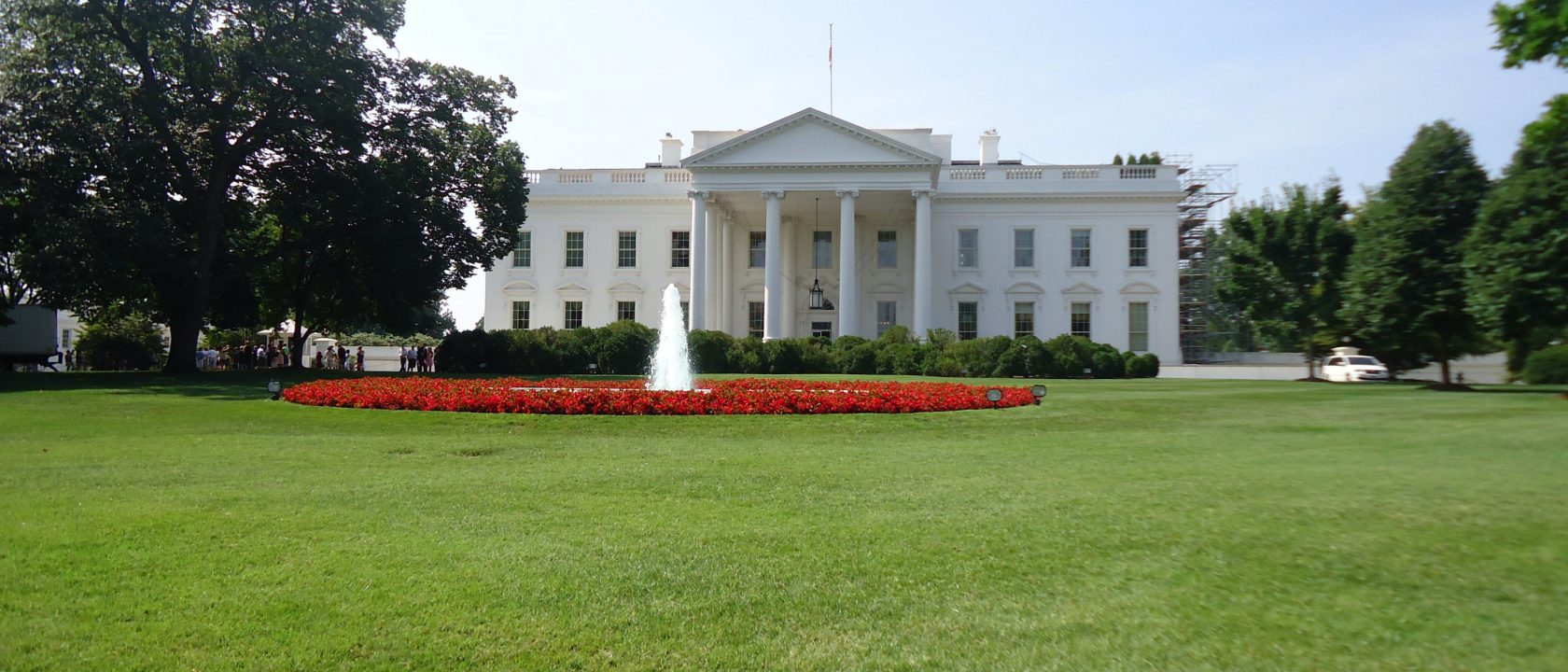
- Biden has ordered the executive branch to evaluate and prepare for climate-related financial risk
On May 20, Biden released a new executive order that will change the way the federal government, companies, and investors will approach ESG risks. Essentially, the order mandates that major federal agencies begin considering and preparing for ESG factors, most importantly climate-related financial risk, in their decisions and operations. Here is a more detailed summary of the order’s main provisions (note that the numbers do not match the order’s sections):
- The order states that the Director of the National Economic Council and National Climate Advisor will work with the heads of the Treasury and Office of Management and Budget (OMB) to develop a government-wide strategy to measure and address climate-related financial risks to federal operations, finance key measures needed to achieve net-zero greenhouse gas emissions in the US economy, and utilize areas where private and public investment can simultaneously advance climate goals while advancing economic opportunity, especially in disadvantaged communities and communities of color.
- Next, it orders the Financial Stability Oversight Council to assess climate risks to the financial stability of the US government and financial system, share the financial risk data with related departments, report efforts to integrate these risks in FSOC policies and programs to the president within 180 days of the order, and include an assessment of climate-related financial risk in the FSOC’s annual report to Congress. The Secretary of the Treasury will also direct the Federal Insurance Office to “assess climate-related issues or gaps in the supervision and regulation of insurers” and assess the potential for disturbances to private insurance coverage in climate-change vulnerable regions.
- To protect the life savings and pensions of US workers from climate related financial risk, the Secretary of Labor will evaluate actions that can currently be taken under any relevant laws and assess how the Federal Retirement Thrift Investment Board has accounted for environmental, social, and governance factors including climate-related financial risk. The findings will be submitted to the President through a report within 180 days of this order.
- The OMB and National Economic Council will work with the Treasury to develop recommendations for the National Climate Task Force on integrating climate-related financial risk into federal financial management and reporting, especially for federal lending. The Federal Acquisition Regulatory Council will consider amending regulation to require federal suppliers to publicly release their GHG emissions, climate-related financial risks, and science-based reduction targets and ensure major procurements minimize climate risk.
- Agency heads must submit actions to integrate climate-related financial risk into their agency’s procurement process to the Director of OMB, the National Climate Task Force, and the Federal Chief Sustainability Officer. The Secretaries of Agriculture, Housing, Urban Development, and Veterans Affairs shall additionally evaluate approaches to integrate climate-related financial risk into Federal lending policies and programs.
- Executive Order 13960, which addressed current and future flood risk, is reinstated.
- The Director of the OMB will identify the main sources of federal climate-related financial risk, quantify it within the economic assumptions and long-term projections of the President’s Budgets, and reduce the federal government’s exposure to climate risk. They will also work with other agencies to publish an assessment of the federal government’s climate risk exposure within the annual budget.
This order is the latest in a series of actions by the Biden administration to show the nation and the world that they are taking climate risks seriously. As they continue to integrate sustainability into government operations, it is important that investors follow suit. Join Physis to find out how your investments can contribute to a sustainable future. Learn more at our website.
Sources:
Executive Order on Climate-Related Financial Risk
